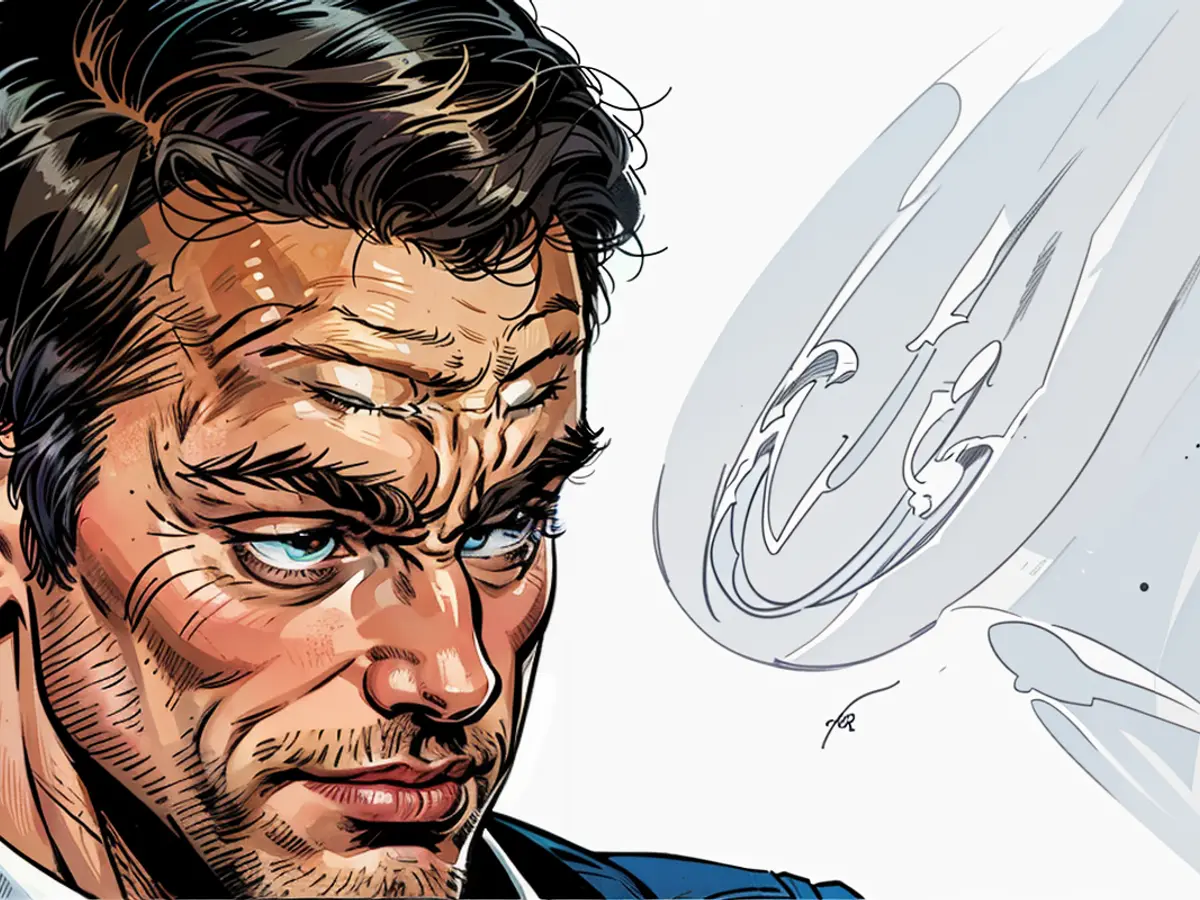After the parliamentary election - Still no new government: What next in France?
More than a month has passed since the parliamentary elections in France were held, yet it remains unclear what a new government might look like. President Emmanuel Macron has been playing for time and wanted to wait for the Olympics to conclude this Sunday. Will France now get a new prime minister? At least the pressure on Macron is likely to grow from all sides to prevent the country from political stagnation.
The election results pose a challenge to France's politics
But let's rewind: Unlike expected, it was not the right-wing nationalist Rally around Marine Le Pen, but the left-wing coalition Nouveau Front Populaire that won the French National Assembly elections in early July. Macron's centrist forces came in second.
The voters have presented the members of parliament with a great challenge. None of the camps have an absolute majority. For France, which is not accustomed to larger compromises and coalitions in politics, this is a tricky situation.
Moreover, the interpretations of the election results are far apart. The left sees a clear mandate to govern and is upset with President Macron for not appointing the proposed prime minister, Lucie Castets. The president, however, suggests that the voters want cooperation across political boundaries - and thus his centrist forces should also be part of the government.
Will there be a grand coalition?
Is Macron, who initiated the early parliamentary elections without a real need and lost them badly, simply a poor loser who doesn't want to give up power? Or is he a realist? Is he looking for a possible grand coalition, unlike French conventions, to get out of the political deadlock?
In any case, voices from Macron's camp are increasing that explain where there are overlaps with the conservatives, as well as the socialists, greens, and communists, whom they are trying to extract from their alliance with the left-wing party La France Insoumise.
The junior minister for agriculture, Agnes Pannier-Runacher, also calls for concessions from her own camp. And the junior minister for equality, Aurore Bergé, even admits: "We must face the facts of the parliamentary election results and show a lot of humility. That also means that the next prime minister cannot come from our ranks."
Even a group of experts who have contributed to the programs of the left coalition, the center, or the conservatives recently published 40 policy proposals that, in their opinion, left, conservative, and centrist parties could implement together.
However, it is uncertain how the opposing parties could come together. The left, which already has reservations about cooperating with Macron's centrists, is unlikely to want to form a coalition with the conservatives. The same applies the other way around. And even among Macron's people, some still have their difficulties with possibly working with the greens.
The fact that the parties are gradually positioning themselves for the next presidential election in 2027 and are therefore looking for differentiation from each other is also unlikely to help.
The time for forming a government is pressing.
Even though Macron emphasizes that it's not about a single name, the question of who will lead the government is likely to be a central topic in the discussions. Alongside the Left's proposal of Castels, figures like the conservative regional president Xavier Bertrand, former prime minister Bernard Cazeneuve, and former French foreign minister and later EU commissioner Michel Barnier are being considered as potential prime minister. However, as seen previously with the outgoing prime minister Gabriel Attal, Macron could also surprise with an unexpected candidate.
As challenging as it may be to negotiate who will govern France in the future and with whom, time is of the essence. A budget for the coming year must be passed, and the parliamentary debates for this are supposed to start in the fall. The new government will certainly want to review the draft of the current team led by Attal before then.
Moreover, a prolonged search for a government could also be interpreted as a delaying tactic by Macron, further fueling frustration and loss of trust among the population. Therefore, the president doesn't have much time left to find a new prime minister.
The formation of a coalition government might be the solution to address ['France']'s political stalemate, given the lack of an absolute majority for any camp after the elections. The pressure on President Macron to appoint a new prime minister is mounting, considering the uncertainty and potential for political stagnation.








